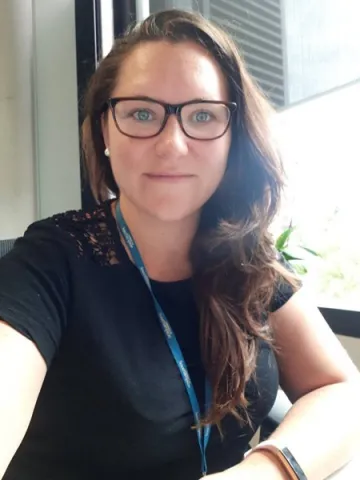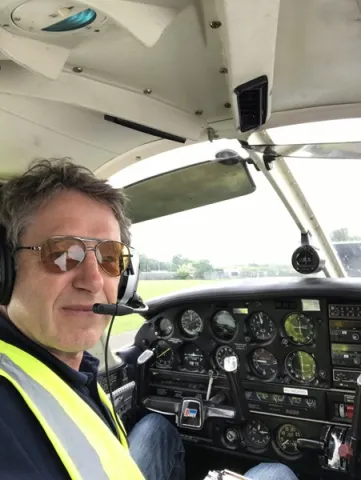About the project
UAVs/drones are increasingly being used in supply chain management to facilitate access to regions where conventional land-based distribution proves too costly and/or time consuming. As the control systems that manage drones become more sophisticated and allow for fully autonomous control ‘beyond visual line of sight’ (BVLOS), then the current human safety pilots who are required by law to fly such unmanned aerial vehicles are likely to become redundant.
In the future generations of air traffic control systems, there will be a need to manage both crewed and uncrewed aircraft in shared airspace, specifically under 400 feet, and this will necessitate human intervention into autonomous systems in certain situations. Despite the best planning and ground simulation of different potential situations, command situations can occur which cannot be foreseen. This highlights the gap between work-as-imagined and work-as-done and human factors research is vital to understand these often subtle, yet vitally important, human-machine interactions in order to design safe working practices.
This project will apply Human Factors methods to design and evaluate the Standard Operating Procedures (SOPs) for the handover of control between pilot and UAV. A mixed methods approach will be applied, including (but not limited to); literature review to understand best-practice handover processes in other safety critical domains, Accimap to conduct system-based accident/incident analyses of previous loss of control events, observations and decision-making interviews to understand current working practices and Hierarchical Task Analysis and error analysis methods to develop SOPs. These SOPs and other outcomes will be evaluated during live flight trials. The outcomes of the project will be documentation (for example SOPs, checklists and other technological or psychological decision aids) to support operator-drone handovers.
The project will involve collaboration with drone manufacturers through the Engineering and Physical Sciences Research Council E-Drone and Department for Transport Future Transport Zone projects to acquire the necessary data and arrange bench and field trials.
You will join the Transportation Research Group at the University, an internationally renowned and vibrant research community which has been advancing the understanding of transportation for over 60 years. You will also be affiliated to the Computational engineering and design group who have specialist expertise in aerospace.
If you wish to discuss any details of the project informally, please contact Doctor Katherine Plant, Transportation Research Group.
- email: k.plant@soton.ac.uk


